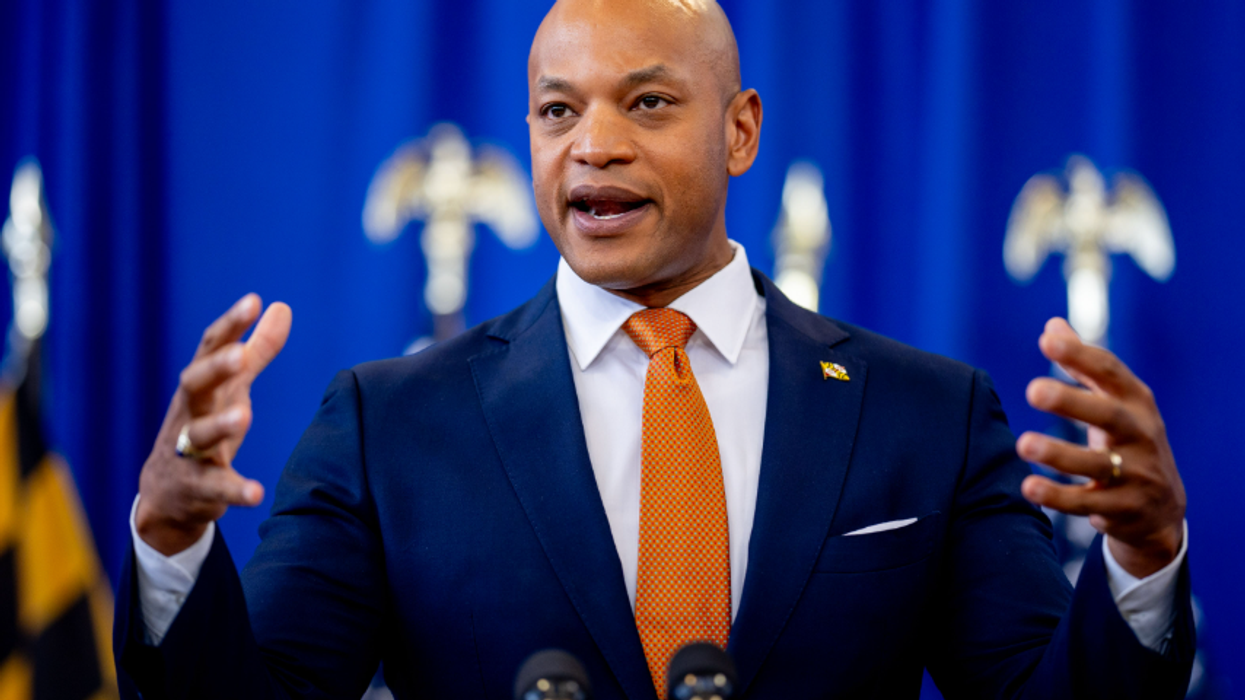As Trump and his gang of loony right-wingers run wild, it seems that the Democrats have adopted the slogan, “What can you do?” We all know racism and sexism are powerful forces, but if all you can do is genuflect in front of them, just shut the eff up. We need to try to find ways to work around them; anyone who is convinced that effort is futile should take up gardening or whatever. We don’t need your words of doom.
That is all tangential to the topic I want to address: the right’s dominance of social media and Section 230. To remind folks, Section 230 protects social media platforms from liability for third party content. This means that unlike print or broadcast media, which can be sued for carrying defamatory content from third parties, X, Facebook, and TikTok can freely profit from defamatory lies.
To my mind, this should change. It seems defenders of Section 230 are determined to avoid any rational discussion of the issue. My prior posts on the topic have been greeted with assertions that I am proposing that the government censor speech.
How can this be government censorship when I am not even proposing the government play any role in determining what speech is acceptable? I am just arguing that private individuals and corporations should have the same sort of protection against defamatory material spread on the Internet as they do against defamatory material spread by print or broadcast media.
Few seem to consider our current defamation laws government censorship. How can it amount to government censorship if a comparable structure is put in place for the Internet?
To be clear, we need to tailor the rules differently for the Internet than for print and broadcast media. Elon Musk and Mark Zuckerberg can’t be expected to monitor the hundreds of millions of items posted daily for defamatory material. But they can respond to takedown notices, just as they already do in the case of alleged copyright infringement. Under the 1998 Digital Millennium Copyright Act, Internet sites are required to remove allegedly infringing material promptly after notification, otherwise they risk a lawsuit for infringement.
A similar standard can be applied for defamation. The person defamed would have to notify Musk or Zuckerberg of the material and specify why it is defamatory. The platforms would have some period of time to review the case and determine whether or not it warrants removal. The law could also specify that they post a correction indicating that the site had previously posted the defamatory item, as newspapers and broadcast outlets typically do, but that is the sort of thing that can be debated in structuring the law.
The logic of applying the law to the social media site, and not just the person posting the material, is both that they magnify the damage, and they profit from it. If a person is yelling on the street that their neighbor is a pedophile, the neighbor is probably not harmed much by it.
But if they buy an ad saying the neighbor is a pedophile and pay Elon Musk or Mark Zuckerberg to post it to tens of millions of people on their platforms, the neighbor very likely is hurt. Any newspaper or broadcast outlet would refuse to take such an ad, precisely because they know they would be faced with a serious defamation suit. Because of Section 230, Musk or Zuckerberg can just pocket the money and let the neighbor worry about having their life ruined.
It’s also worth pointing out that the same issue arises even if Musk or Zuckerberg are not directly paid to post the defamatory material. Both sites make their money by selling ads to their audience. If spreading defamatory material helps them get a larger audience, they profit from it, even if less directly.
To see how this could work, let me refer to an actual case I saw recently. A few days ago, a prominent right-wing influencer tweeted on X an assertion that could easily be shown to be a lie, about a Democratic politician. If anyone believed the lie, it would be damaging to the politician. (I’m leaving identifying information out to avoid any possible embarrassment to the politician in question.)
While the politician does have the option of filing a defamation suit against the influencer, because of Section 230, they would have no case against Elon Musk. If my preferred policy was in effect, they would send Musk a notice, informing him of the defamatory tweet, explaining how it was defamatory and how it could be determined that it was not true.
Musk would then have some, presumably short, time period to review the complaint and make a decision about taking down the tweet. He could also be required to post a correction to the people who follow the influencer (my preferred option). If he chose to leave the defamatory tweet posted, then he could also be sued along with the influencer.
If anyone considers this an excessive burden, remember print and broadcast outlets face this burden all the time. And if anyone wants to argue that rich people will just sue every site for defamation, they already have that option with print and broadcast media. We need to design a system that protects against abusive defamation suits. If we have failed in that area, who gives a damn whether or not social media platforms enjoy protection?
Some people have argued that if we allow social media companies to be sued for carrying defamatory material, they will just censor everything from the left. This is an absurd fear given the reality we face. Elon Musk, Mark Zuckerberg, and the rest can and do already censor pieces from the left they don’t like.
This in fact is a right guaranteed by the First Amendment. They are private platforms. They can take down any item they don’t like or structure their algorithms so that almost no one will see them. They might use a repeal of Section 230 protection as an excuse to remove material from the left, but this would only be doing something they wanted to do anyhow and already had the full legal right to do. (There may be some issues with the terms of service, but that would not be affected by Section 230.)
Restructuring Section 230 Could Downsize Giant Platforms
The dominance of social media by a small number of giant platforms is dangerous for democracy. And that would be true even if the owners were not all right-wing loons. A restructuring of Section 230 can be done in a way that would work to at least partially offset the network effects that push people towards the giant platforms.
We could have a revised Section 230 that leaves in place the current protection for sites that don’t rely on advertising or selling personal information. That would mean that sites that survive on subscriptions or donations could continue to operate just as they do now.
I don’t know how much this change would affect the viability of the giant platforms in their current form. I’ve heard people knowledgeable about social media assure me that it would just mean that Facebook and X have to hire a few more lawyers, but no big deal. I also have been assured that they would not be able to continue their current mode of operation and would have to become subscription based.
For my part, I will confess to not knowing how much impact it would have. It would unambiguously raise their costs. Whether that means a substantial hit to their profits or a need to fundamentally change their model, I have no idea. But it is difficult to see a rationale for not holding this type of media responsible for circulating defamatory material in the same way as print and broadcast media. If doing so also downsizes Elon Musk and Mark Zuckerberg’s platforms, all the better.
To be clear, I have no illusion that a Republican Congress would pass this sort of restructuring of Section 230, or that Trump would sign it, if some miracle happened. But it is still worth getting ideas like this on the table in the event we ever return to democratic government. It also should prompt some clearer thinking among progressives, and they can see what the Democrats missed while they were on their summer vacation for the last three decades.
Dean Baker is a senior economist at the Center for Economic and Policy Research and the author of the 2016 book Rigged: How Globalization and the Rules of the Modern Economy Were Structured to Make the Rich Richer. Please consider subscribing to his Substack.
Reprinted with permission from Dean Baker.












